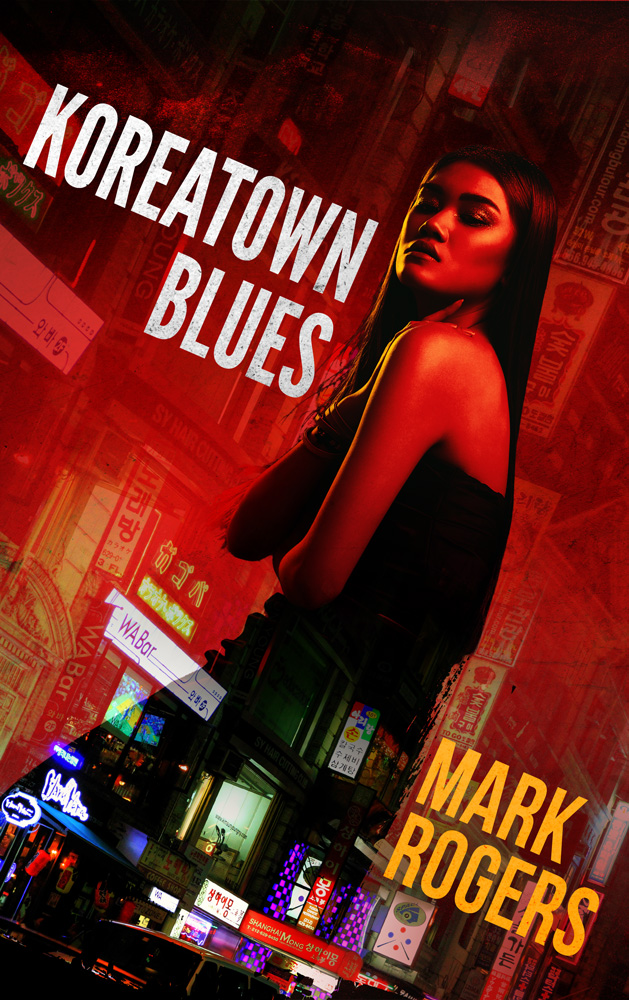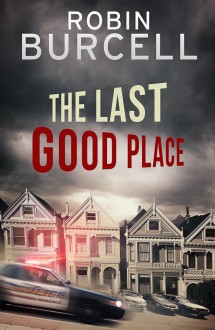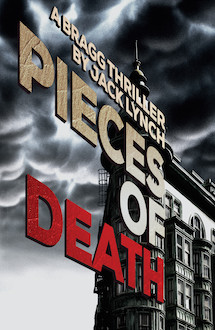
It was bad enough that in 2007, at the age of 55, I tore up roots and moved from the east coast to Los Angeles, to carve out a career as a screenwriter. I upped the fish-out-of-water ante by choosing to live in an ethnic enclave—Koreatown. On arrival I found myself in a neighborhood where I not only couldn’t speak the language—I couldn’t even decipher the store signs. I was an outsider, which isn’t a bad situation for a writer. It kept me off-balance and open.
I was an outsider for only so long. After a string of lonely nights in my apartment, I ventured out to a Korean nightclub a couple blocks away. The nightclub had no name that I could find, just a plastic sign that read “Wine/Beer.” The Koreans seemed to enjoy having me join them at the bar, passing the karaoke mic back and forth; drinking soju, a fiery Korean spirit; and spending hopeless hours flirting with the barmaids.
“I was the only white guy in the place” is the first line of my crime novel, Koreatown Blues. That was true of the Wine/Beer nightclub, on that first night and many others.
While at the time I had no intention of writing a novel set in Koreatown, the details of living there piled up. One stray comment from a Korean woman stuck with me: “There are many ghost stories in Koreatown.” Many of the details in Koreatown Blues mirror those I experienced at the nightclub, from the Dragon Lady proprietress, who I call Mrs. Tam in my novel, to the wraithlike quality of some of the Korean women I encountered, who mirror the haunted character Soo Jin.
During this time I fell in love with a Mexican woman. We married and drifted south of the border, to Baja California, and I found myself trading one outsider situation for another. Being away from Koreatown enabled me to put brackets around my experiences. One day, while waiting outside a store for my wife to finish shopping, I pulled a notebook from my pocket and in a half-hour had sketched out the major story beats for Koreatown Blues. I didn’t have the ending, but I had enough to begin. One of my favorite quotes about writing is from E. L. Doctorow: “Writing is like driving at night in the fog. You can only see as far as your headlights, but you can make the whole trip that way.”
Instead of making my protagonist a writer, I made Wes a blue-collar guy with simple ambitions to buy a car wash. The thing about Wes is he’s stubborn. I described him as having no reverse gear, which serves him well when he finds himself in the middle of a 300-year-old Korean blood feud.
I sat down at my desk and plunged in. My preferred method of working is to have at least a sketchy outline. It can change a lot during the course of writing the first draft, but the outline helps me stay on track. I prefer to write first thing in the morning, with a daily goal of 1,000 words. I usually reach this goal well before noon. Writing by hand is fine—especially if I’m traveling or if I need to get out in the sun for a while—but I prefer to work at a computer with a real keyboard. Following this regimen, I had a first draft in about two months. Luckily, the unexpected ending to the novel came to me during the writing process.
When I was done, I wasn’t sure what I had. Koreatown Blues was a crime novel, but it didn’t fit neatly into any subset of the genre. At the time I finished I was in the process of submitting two other novels to various publishers, so I let Koreatown Blues sit for a bit. When I did submit it to Brash Books and they quickly accepted it for publication, I was floored...
Koreatown Blues will be released on February 1st in trade paperback and digital editions — but is available now for preorder.


